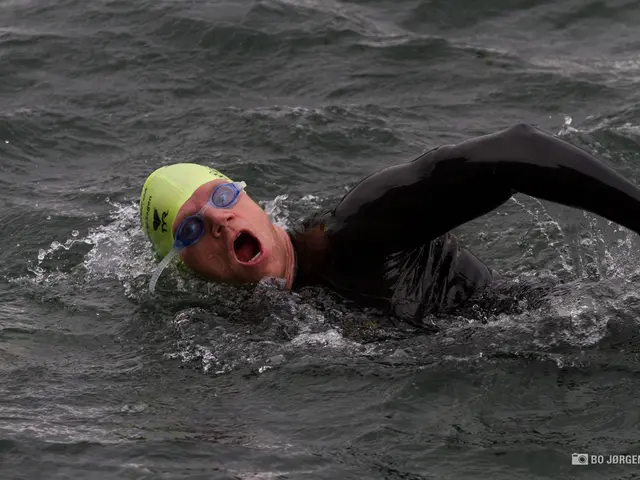Adolescents are increasingly opting for marijuana over alcohol.
Marijuana: The Go-To Drug for Icelandic Teens
In a recent interview, Rúna Ágústsdóttir, a seasoned drug and alcohol counselor at Foreldrahús (a family support center), shockingly revealed that cannabis is the preferred substance for many Icelandic teens, often before alcohol. This issue, she warns, is frequently overlooked due to underestimated risks.
"Kids are smoking weed like crazy," Ágústsdóttir stated emphatically, highlighting its ubiquity among teenagers. She noted that not only is marijuana widespread, but its dangers are also frequently disregarded.
"A lot of people don't view weed as a drug. But I've seen how destructive it can be," she cautioned.
Through her 40+ years of experience, Ágústsdóttir has primarily worked with minors and their families, often before they reach legal substance use age. She estimates that Foreldrahús sees nearly 1,000 young people and their families each year, primarily due to cannabis use.
Minimizing the Risks
Parents, Ágústsdóttir notes, often downplay marijuana use, considering it less harmful than other substances like amphetamines. However, she draws attention to the dangers of early cannabis use, which can potentially lead to addiction and developmental delays, particularly when usage begins before age 16.
"Parents underestimate how hazardous weed is for teenagers," she affirmed. "Research shows that the younger someone starts using, the higher their chances of becoming addicted."
Despite the potential for dependency, Ágústsdóttir offers hope. Many teens who become dependent on cannabis can recover with early intervention, and most will not escalate into heavier drug use.
The Lost Years
Nevertheless, Ágústsdóttir sounds the alarm on what she calls "the lost years"-a critical period, spanning ages 14 to 18, during which regular drug use can disrupt education, stall social development, and leave youth struggling to reintegrate with peers.
"They may eventually stop using, but by then, they've fallen behind in school, lagged in social growth, and missed out on valuable life experiences," she emphasized.
She advocates for increased awareness and engagement from parents and schools, stressing the importance of early detection and intervention to mitigate long-term harm.
(Note: While specific data from Iceland may not be provided, the risks and long-term effects of early marijuana use among teenagers can be observed in a broader context. These risks, including addiction, cognitive impairments, mental health concerns, educational impacts, social and behavioral challenges, and healthcare risks, are relevant across various regions and populations. Implementing preventive strategies, such as community engagement programs and social support, can help reduce substance use among youth.)
- Despite some parents considering cannabis usage less harmful than other substances, Runa Agustsdottir, a drug and alcohol counselor at Foreldrahus, warns that early cannabis use before the age of 16 can lead to addiction and developmental delays.
- Agustsdottir has emphasized that cannabis use among Icelandic teenagers is widespread and often overlooked due to underestimated risks, such as potential mental health issues and educational disruptions.
- The expert notes that teens who become dependent on cannabis can recover with early intervention, but the lost years, spanning ages 14 to 18, can often result in falling behind in school, stalling social development, and missing out on valuable life experiences.
- Agustsdottir advocates for increased awareness and engagement from parents and schools, particularly in the realm of health-and-wellness and mental-health education, to minimize setbacks during the critical teenage years.







